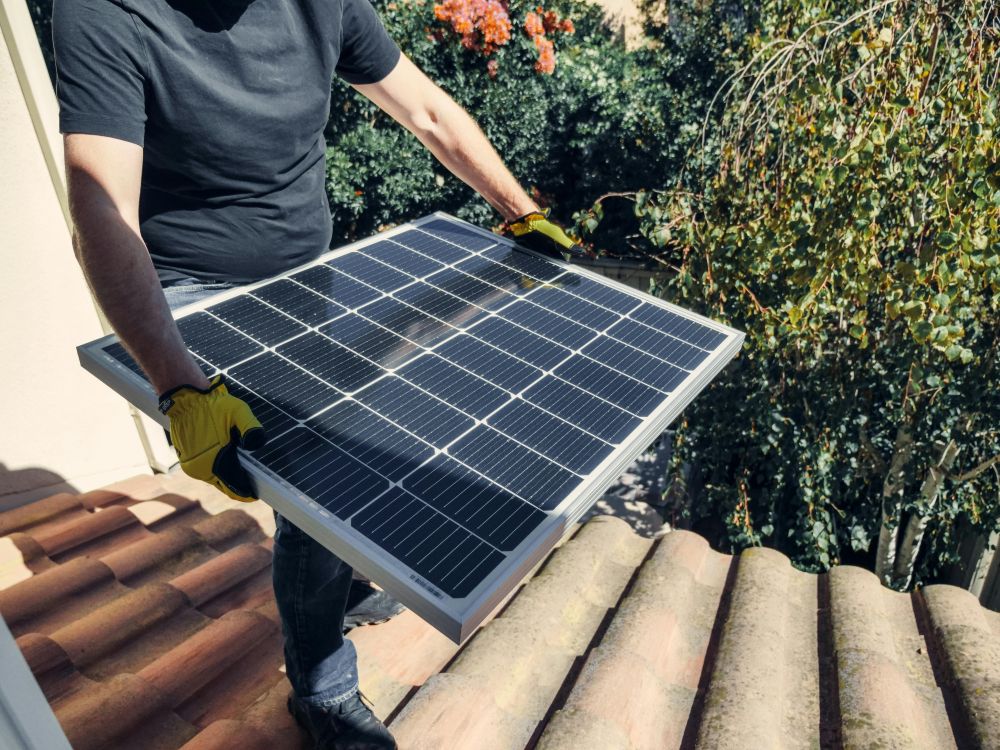Australians Keen to Go Greener, But Knowledge Gaps and Up-Front Costs Delay Progress


Cut through the green tape
We don't push agendas. At Net Zero Compare, we cut through the hype and fear to deliver the straightforward facts you need for making informed decisions on green products and services. Whether motivated by compliance, customer demands, or a real passion for the environment, you’re welcome here. We provide reliable information—why you seek it is not our concern.
Australians are ready to spend nearly $8,000 on average to make their homes more energy efficient, but many remain unsure how to start or what impact the changes would have. The PropTrack Origin Australian Home Energy Report, commissioned by Origin Energy and compiled by REA Group, surveyed over 4,800 people in January and found that 56% plan to invest in sustainable home upgrades over the next five years.
Despite this enthusiasm, 40% said they are unlikely to switch from gas to electric appliances due to a lack of understanding about the benefits. The report highlights that renters and younger Australians face the greatest knowledge gaps and challenges in adopting energy-efficient technologies.
Only 6% of respondents had already replaced gas appliances with electric alternatives, while 40% were considering the switch—a figure slightly lower than last year. Cost remains a key barrier: the average planned spend is $7,850 in cities and $8,400 in regional areas. For 45% of participants, up-front costs are the main deterrent.
Awareness of tools like the government’s Nationwide House Energy Rating Scheme (NatHERS) remains low, with 71% unfamiliar with it. Many also expressed confusion about available rebates and incentives.
However, rising energy bills have prompted 70% of households to adopt new habits like turning off unused lights and appliances. While older Australians are more likely to make upgrades, younger people—though motivated—often lack the control or resources, especially renters.
The report calls for better education, stronger incentives, and more industry support to help households overcome barriers to energy-efficient living.
Source: abc.net.au

More related content

Santander’s Cresud Financing Raises Questions About Net Zero Commit...

Amazon Study Finds E-Commerce Can Slash Emissions

UK Opens New Round for North Sea Carbon Storage Proposals
